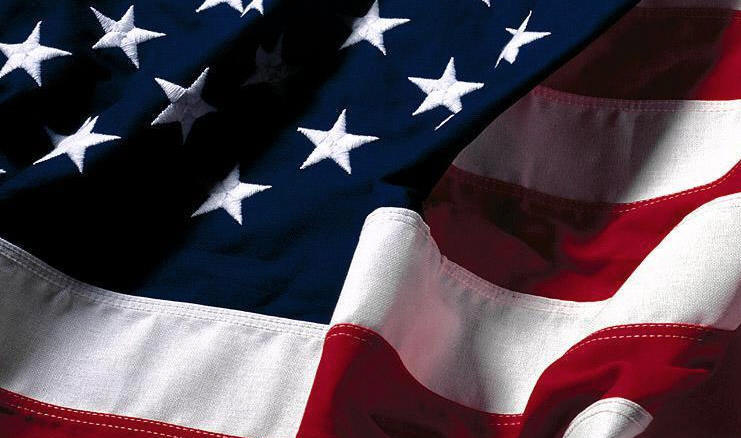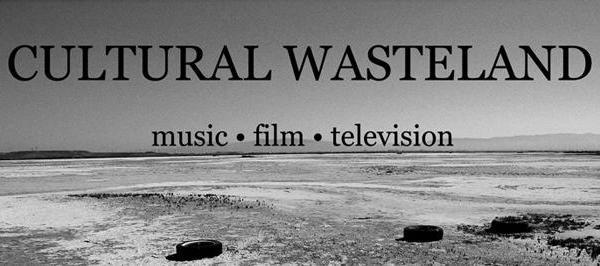 This is the second part of two. The first part can be found here.
This is the second part of two. The first part can be found here.It’s Always Sunny in Philadelphia (2005-)
The premise is simple enough – we follow a group of five deeply misanthropic, morally bankrupt, downright stupid characters, three of which co-own a Philadelphia bar, as they meander through life. So deep is their solipsism they appear oblivious to the real nature of their deeply flawed characters, and the dramatic way in they adversely affect the innocent lives that have the misfortune to become entangled with them. Rather brilliantly, even when they fail in their harebrained schemes they are never really punished for their actions – invariably, by the start of the next episode it has been forgotten that just one episode before, they had pretended to have cancer to get laid, or were, for a period, addicted to crack-cocaine.
To use a rather obtuse comparison for a moment, the other American show that It’s Always Sunny brings to mind is South Park. Both shows seem to focus each episode on some kind of serious issue or topic, be it political, religious or social – highlighting sensitive areas, and exploiting them mercilessly for comedic effect. Of course, this kind of approach is only really possible with the broadly-painted, extreme characters that both shows centre on. For this reason, the show is quite clearly not rooted in reality, but its all the better for it.
Unfortunately It’s Always Sunny in Philadelphia is not shown on any British television channels. It’s relatively obscure in its home country so don’t expect it to make the transition to British screens any time soon. However it is readily available on streaming sites such as alluc.org and on BitTorrent downloads (such as this one, with all three seasons).
NOTE: In a rather bizarre fusion of the banal with the brilliant, Big Brother’s Little Brother is currently using the theme from It’s Always Sunny In Philadelphia for a regular feature which ponders whether two housemates will get it together.
The Wire (2002-2008)
The Wire did eventually find something of an audience in Britain, largely thanks to the valiant efforts of the Guardian, and in particular Charlie Brooker (whose incessant and noble fanboyism can be seen in his regular Screen Burn column in the Guardian's 'The Guide' supplement and on his 
To get all self-referential for a moment (this is a blog after all) I feel I should quote myself on this one, paraphrasing slightly for the sake of brevity and readability - “The Wire examines the American city of Baltimore, and its broken, corrupted civic institutions - the police, the politicians, a union of dock workers, the schools, the regional newspaper. Its primary concern has always been the fallacy of the 'drug war', and the relationship between the drug trade and supposedly legitimate institutions like the police or the city council… the show is unique in that it was the only show to ever portray the social, political, and economic life of an American city with the scope, observational precision, and moral vision of great literature. It was the finest show on television in this decade, if not ever.”
In fact I would even go beyond that last sentence – The Wire is not only the best television show ever, it transcends television. The typical manner in which we view, digest, and discuss television shows is not befitting of The Wire. We should talk of it in the terms of high art, for that’s exactly what it is.
JAMES MORGAN



No comments:
Post a Comment